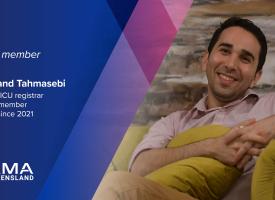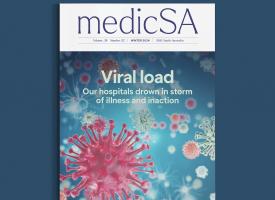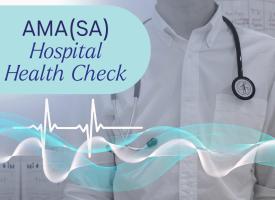Review of GP subsidies for teaching medical students is needed
The lack of adequate training subsidies for undergraduate medical student training is costing general practices, according to an article in the Medical Journal of Australia.
Dr Caroline Laurence, Research and Development Manager of Adelaide to Outback GP Training Program, and co-authors conducted a study to identify the financial costs and benefits associated with teaching in private general practice.
A cost-benefit analysis of teaching in private general practice across three levels of training – undergraduate medical training, prevocational training and general practice vocational training – was conducted.
Overall, the net financial outcome of teaching varied across the training levels. There was a net financial cost for teaching medical students. However, there were small net financial benefits for teaching junior doctors and general practice registrars. The greatest cost driver at all levels was direct teaching activities.
Dr Laurence said that the costing analysis showed that interns were the most costly to teach when compared against all the training stages and levels investigated. However, these high costs were offset by commensurate benefits for the practice.
“In contrast, at the medical student level, the benefits (subsidies) received by practices did not offset the costs,” Dr Laurence said.
“These results have implications for the recruitment and retention of general practices as teaching environments, particularly for medical student teaching.
“Our study has shown that there is a marginal net financial gain to general practices involved in prevocational and vocational training but not for those involved in undergraduate medical student training.
“A major contributor to these results appears to be the low level of teaching subsidies paid to practices for teaching medical students.
“It may be time to review the subsidies paid to teach medical students to ensure that, at the very least, a cost-neutral financial outcome is achieved.”
The Medical Journal of Australia is a publication of the Australian Medical Association.
The statements or opinions that are expressed in the MJA reflect the views of the authors and do not represent the official policy of the AMA unless that is so stated.
CONTACT: Dr Caroline Laurence 0407 016 977 / 08 8366 3100



